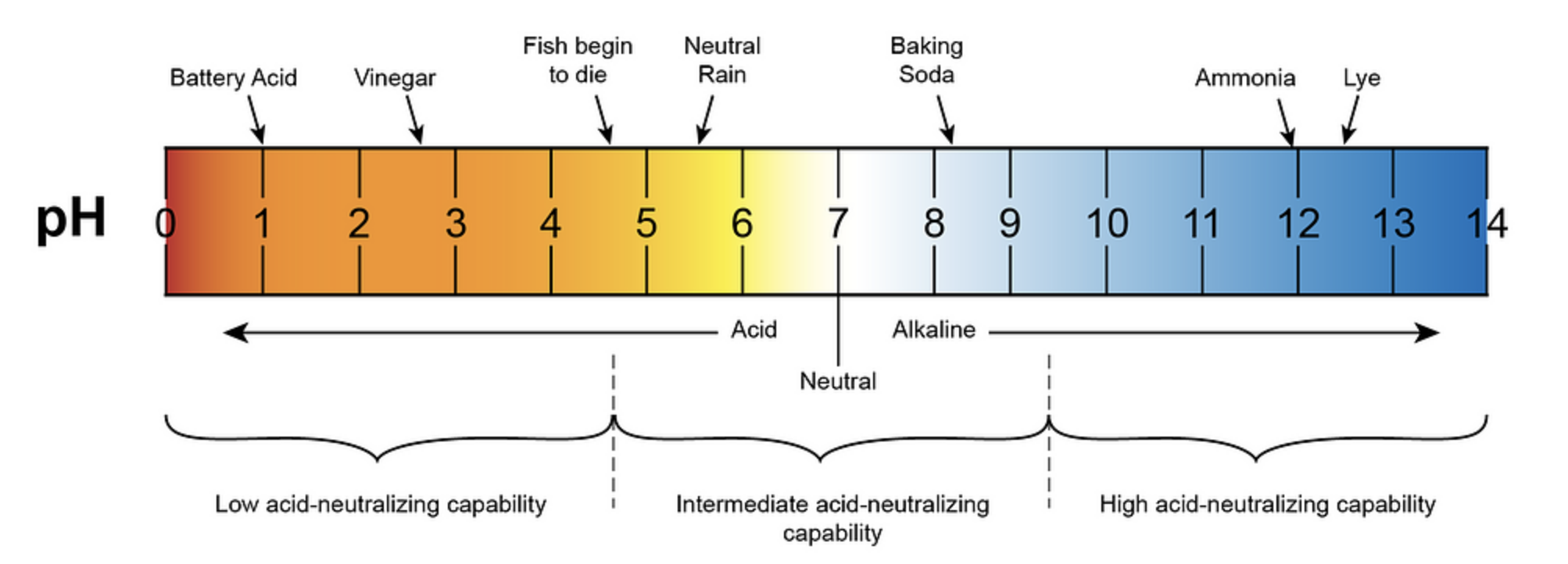The pH level of tap water in Virginia, USA, is a crucial factor that affects its quality and suitability for various uses. The pH scale ranges from 0 to 14, with 7 being neutral. Tap water with a pH value below 7 is considered acidic, while water with a pH above 7 is alkaline. Understanding the pH of tap water in Virginia is essential for maintaining optimal water quality and ensuring the health and well-being of its residents.
Typical pH Range of Tap Water in Virginia
The pH value of tap water in Virginia typically ranges from 6.5 to 8.5, which is within the recommended range for drinking water. This range is set by the Environmental Protection Agency (EPA) to ensure the water is safe for consumption and does not cause corrosion or scaling in plumbing systems.
However, the exact pH level can vary depending on the specific location and water source within Virginia. For instance, in the city of Richmond, the pH level of tap water is reported to be around 7.3.
Factors Affecting the pH of Tap Water in Virginia
The pH of tap water in Virginia can be influenced by several factors, including:
-
Water Source: The pH of water can be affected by the geological composition of the water source, such as the presence of minerals and dissolved gases.
-
Treatment Processes: The water treatment methods used by local utilities can also impact the pH of tap water. For example, the addition of chemicals like chlorine or lime during the treatment process can alter the pH.
-
Plumbing Materials: The materials used in the plumbing system, such as copper or lead pipes, can interact with the water and affect its pH over time.
-
Seasonal Changes: The pH of tap water can also fluctuate seasonally due to changes in water temperature, precipitation, and other environmental factors.
Potential Contaminants in Virginia’s Tap Water
While the pH of tap water in Virginia generally falls within the recommended range, there are other contaminants that may be present in the water, which can pose health concerns. Some of the contaminants found in Virginia’s tap water above health guidelines include:
- Total Trihalomethanes (TTHMs): These are byproducts of the disinfection process and have been linked to an increased risk of cancer and reproductive issues.
- Haloacetic Acids (HAA5): Another group of disinfection byproducts that can be harmful to human health.
- Perfluorooctanoic Acid (PFOA): A synthetic chemical used in various industrial and consumer products that has been associated with adverse health effects.
- Manganese: An essential mineral that can cause neurological problems in high concentrations.
- Tetrachloroethylene (Perchloroethylene): A solvent used in dry cleaning and degreasing that has been classified as a probable carcinogen.
Balancing the pH of Tap Water in Virginia
To maintain the pH of tap water within the recommended range, homeowners in Virginia can use various home remedies, such as:
- Adding Baking Soda: Baking soda (sodium bicarbonate) can be added to the water to raise the pH and make it more alkaline.
- Adding Limestone: Crushed limestone can also be used to increase the pH of acidic tap water.
- Adding Vinegar or Lemon Juice: These acidic substances can be used to lower the pH of alkaline tap water.
It is important to note that while these home remedies can be effective, it is essential to test the water regularly to ensure the pH level remains within the recommended range. Excessive adjustments to the pH can lead to other water quality issues, such as corrosion or scaling in plumbing systems.
Addressing Contaminants in Virginia’s Tap Water
To address the presence of contaminants in Virginia’s tap water, residents can use various filtration methods, such as:
- Activated Carbon Filters: These filters are effective in removing a wide range of contaminants, including TTHMs, HAA5, and organic compounds.
- Reverse Osmosis: This advanced filtration system can remove a variety of contaminants, including PFOA, heavy metals, and dissolved solids.
- Distillation: This process involves boiling the water and condensing the steam, effectively removing most contaminants.
It is essential to research and select the appropriate filtration method based on the specific contaminants present in your local tap water. Additionally, regular maintenance and replacement of the filtration system are crucial to ensure its continued effectiveness.
Staying Informed and Proactive
To ensure the safety and quality of tap water in Virginia, it is essential for residents to stay informed about the water quality in their area. This can be achieved by:
- Checking Water Quality Reports: Local water utilities are required to provide annual water quality reports that detail the levels of various contaminants in the tap water.
- Contacting the Water Utility: If you have concerns about the water quality or notice changes in the taste, odor, or appearance of your tap water, it is important to contact your local water utility for assistance.
- Considering Water Testing: Homeowners can also opt to have their tap water tested by a certified laboratory to identify any specific contaminants that may be present.
By staying informed and proactive about the pH and contaminants in Virginia’s tap water, residents can take the necessary steps to ensure the safety and quality of their drinking water.
Conclusion
The pH of tap water in Virginia, USA, is an important factor that affects its quality and suitability for various uses. While the typical pH range of 6.5 to 8.5 is within the recommended guidelines, it is essential to be aware of the potential contaminants that may be present in the water. By understanding the factors that influence the pH and using appropriate home remedies or filtration methods, Virginia residents can maintain the optimal pH and address any water quality concerns. Staying informed and proactive about the water quality in their area is crucial for ensuring the health and well-being of Virginia’s residents.

